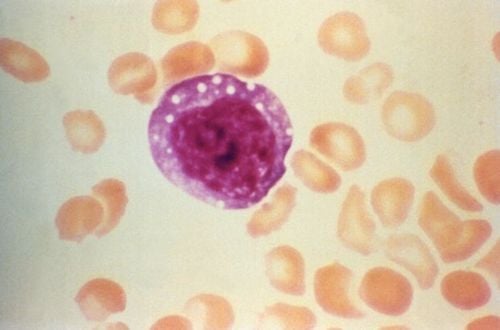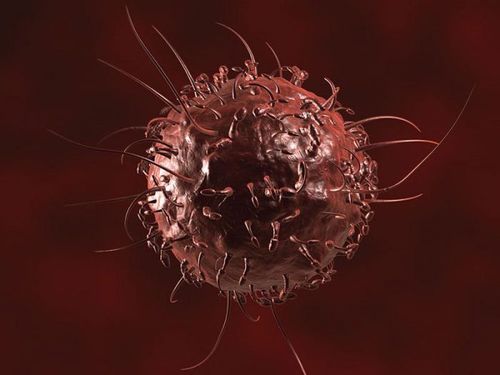Currently, cancer screening is receiving increasing attention in Vietnam. The presence of atypical cells in Pap smear or biopsy results can concern patients. However, atypical cells are not necessarily cancer cells.
The Pap smear - Pap test, also known as a cervical cytology test, is a safe screening method for cervical cancer. Women aged 21 to 65 are recommended to undergo a Pap smear every 3 years. Biopsy is an essential procedure to diagnose various types of cancer. During the biopsy, doctors collect tissue samples to create a specimen. This specimen is then examined under a microscope to assess the structure, shape, and arrangement of the cells. A pathologist will evaluate the cells, tissues, and organs and provide a conclusion.
1. Definition of atypical cells
Atypical cells are abnormal but not cancerous. They can develop into cancer cells over time or increase the patient's risk of developing cancer.
There are many factors that lead to the formation of atypical cells, including inflammation and infections caused by bacteria, viruses, parasites, or fungi. Even aging increases the likelihood of atypical cell formation.
2. Progression of atypical cells
Atypical cells can revert to normal cells if the underlying cause is identified and treated. This can occur naturally through the body's self-healing mechanisms or with appropriate interventions under the direction of a specialist.
The presence of atypical cells does not necessarily mean the patient has cancer. However, the patient needs strict monitoring to ensure that atypical cells are not cancerous or precancerous.
Doctors typically monitor atypical cells periodically to confirm that they do not transform into cancerous or precancerous cells. In some cases, treatment may be necessary to reverse the formation of these cells. During treatment, additional screening tests and biopsies in other areas may be needed depending on the specific situation.

In summary, atypical cells are not inherently cancer cells but have the potential to become malignant or increase the risk of cancer. Therefore, screening to detect and early intervention for atypical cells is extremely important.
To arrange an appointment, please call HOTLINE or make your reservation directly HERE. You may also download the MyVinmec app to schedule appointments faster and manage your reservations more conveniently.
Reference source: mayoclinic.org - cancer.net - mayoclinic.org
To arrange an appointment, please call HOTLINE or make your reservation directly HERE. You may also download the MyVinmec app to schedule appointments faster and manage your reservations more conveniently.








